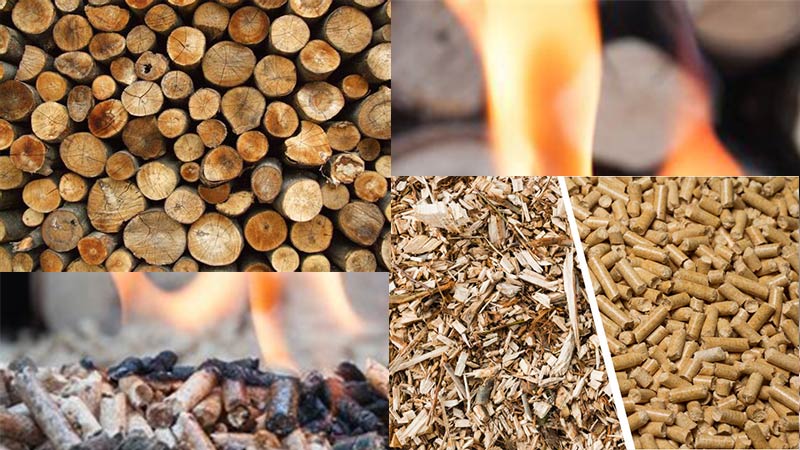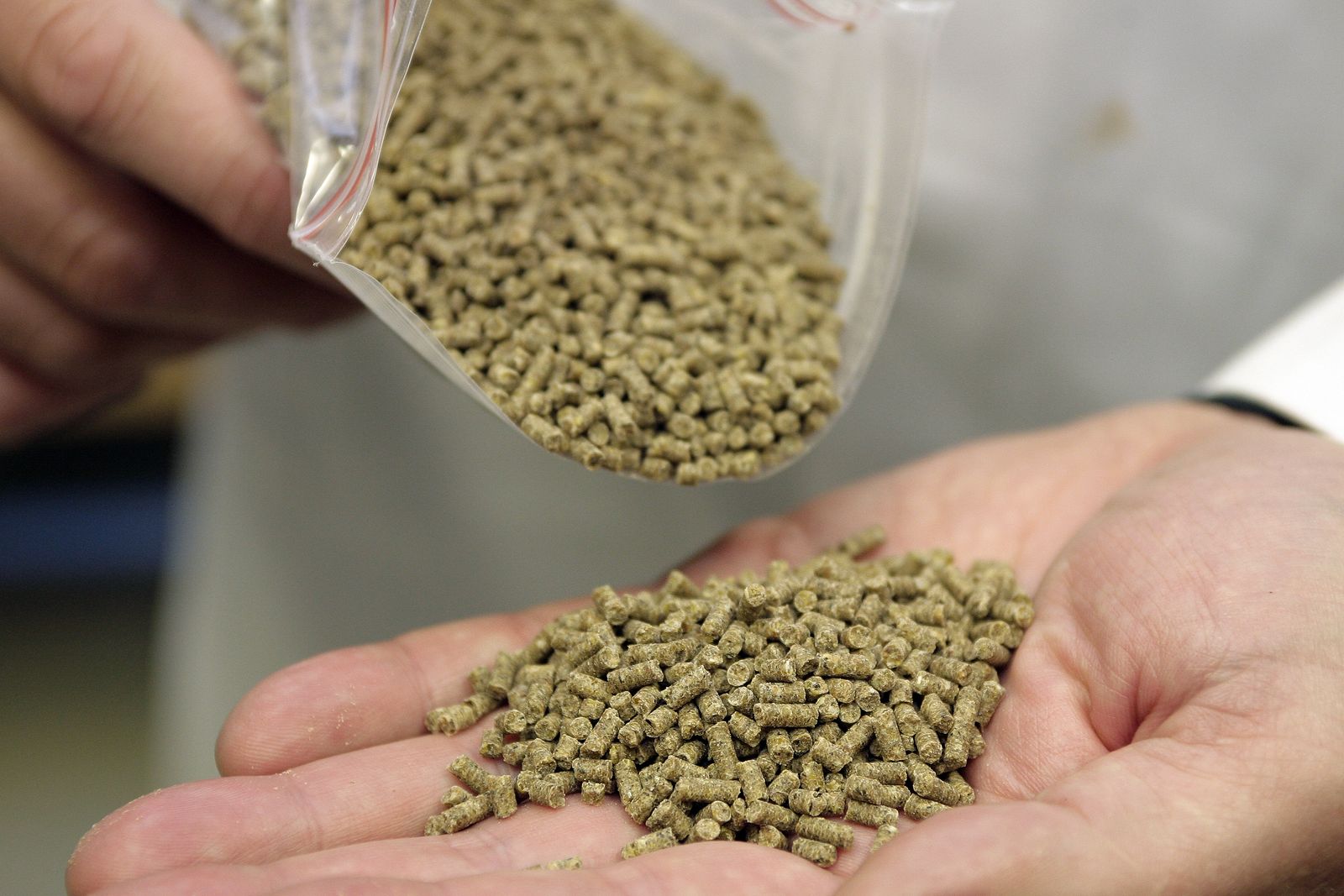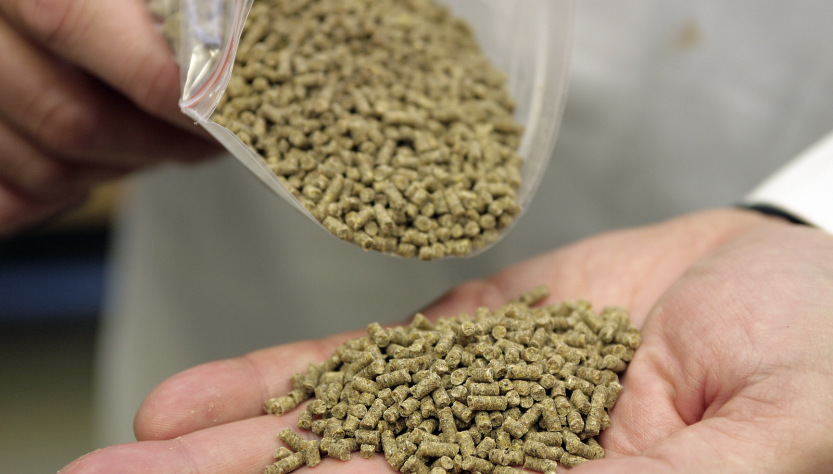In recent years, the pelletite müük, particularly in the agricultural sector, has witnessed a significant surge. This trend is not merely a commercial phenomenon but a shift towards more sustainable practices. The use of pellet fuel in agriculture offers a myriad of environmental benefits, ranging from reduced greenhouse gas emissions to enhanced soil health. Let’s delve into why pellet fuel is becoming increasingly popular among farmers and agriculturalists worldwide.
1. Renewable Energy Source
Pellet fuel is predominantly sourced from renewable materials such as wood, agricultural residues, and biomass. Unlike fossil fuels, which are finite and contribute to environmental degradation, pellets offer a sustainable alternative. Farmers can reduce their reliance on non-renewable resources by utilizing organic waste products while simultaneously curbing greenhouse gas emissions.
2. Lower Carbon Footprint
The combustion of pellet fuel releases significantly fewer greenhouse gases compared to traditional fossil fuels. This results in a smaller carbon footprint for agricultural operations utilizing pellet stoves or boilers. Farmers can mitigate their contribution to climate change by transitioning to pellet fuel and play a proactive role in environmental conservation.

3. Waste Reduction and Recycling
The production of pellet fuel often utilizes agricultural residues and by-products that would otherwise be discarded or left to decompose, emitting methane—a potent greenhouse gas—in the process. By converting these waste materials into pellets, farmers reduce waste and recycle valuable nutrients back into the soil. This closed-loop approach fosters a more sustainable agricultural ecosystem.
4. Improved Air Quality
Pellet fuel burns more efficiently and cleanly than traditional wood or coal, emitting fewer pollutants such as particulate matter and sulfur dioxide. This translates to improved air quality in rural areas where agricultural activities are prevalent. By minimizing air pollution, pellet fuel contributes to better respiratory health for both farmers and nearby communities.
5. Soil Enrichment
The ash produced from burning pellet fuel contains essential nutrients such as potassium and phosphorus, which can enrich the soil when spread as fertilizer. This natural fertilization process enhances soil fertility and promotes healthier crop growth. Agriculturalists can reduce their reliance on synthetic fertilizers by incorporating pellet ash into their farming practices, further minimizing environmental impact.
6. Energy Independence
Relying on locally sourced pellet fuel reduces dependence on imported fossil fuels, thereby enhancing energy security for agricultural operations. This decentralized energy production model empowers farmers to take control of their energy supply chain, reducing vulnerability to price fluctuations and geopolitical instability associated with traditional fuel sources.

7. Sustainable Forest Management
Wood pellets, a common type of pellet fuel, are often sourced from sustainably managed forests or timber residues. By supporting responsible forestry practices, the use of wood pellets in agriculture promotes biodiversity conservation and helps mitigate deforestation. Additionally, the cultivation of fast-growing energy crops for pellet production can provide an alternative income source for farmers, further incentivizing sustainable land management practices.
8. Economic Viability
In addition to its environmental benefits, pellet fuel adoption can offer farmers economic advantages. With advancements in pellet stove and boiler technology, the cost of heating and powering agricultural facilities can be significantly reduced over time. Moreover, the sale of surplus pellet fuel or pelletized agricultural residues can generate additional revenue streams for farmers, enhancing overall economic resilience.

